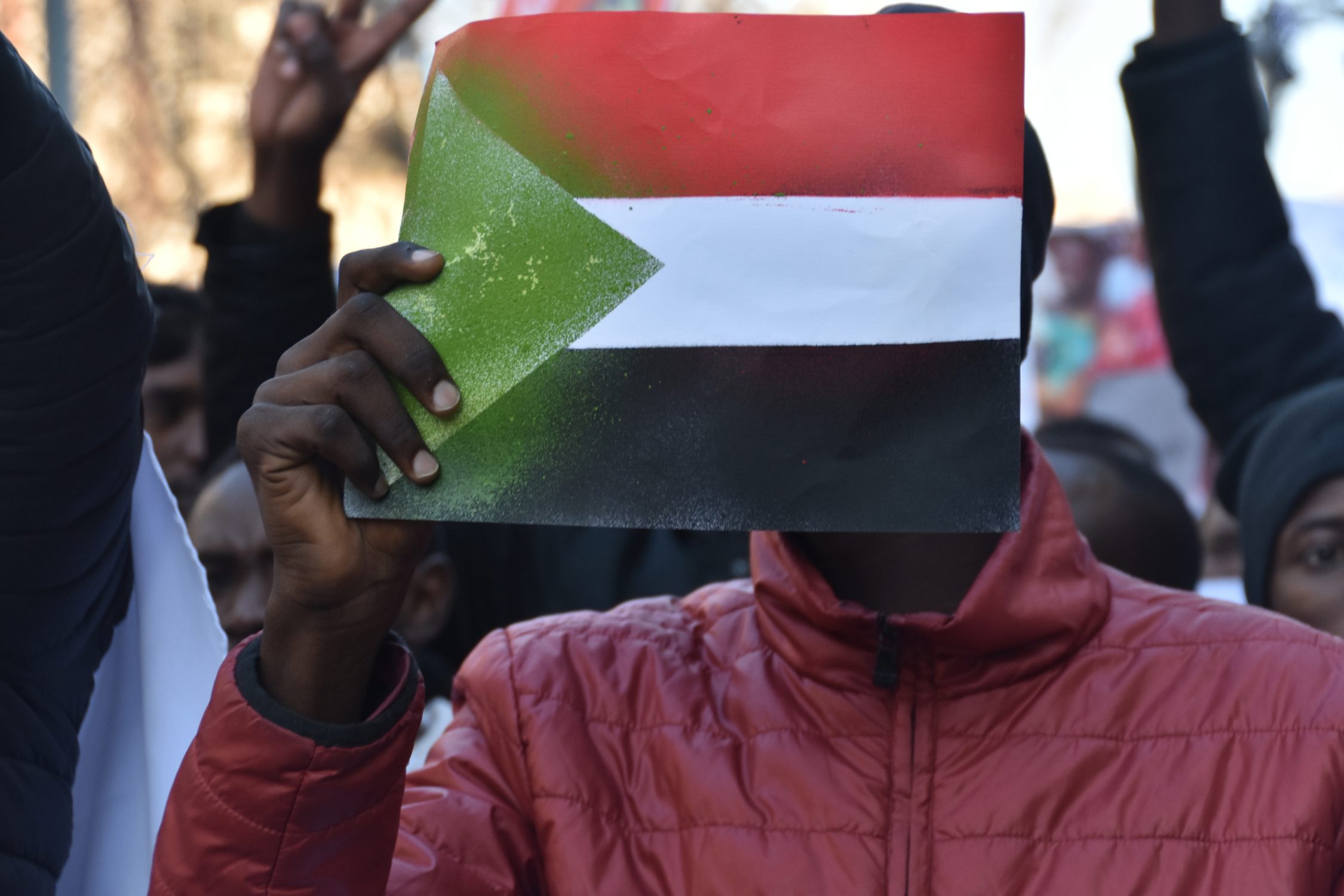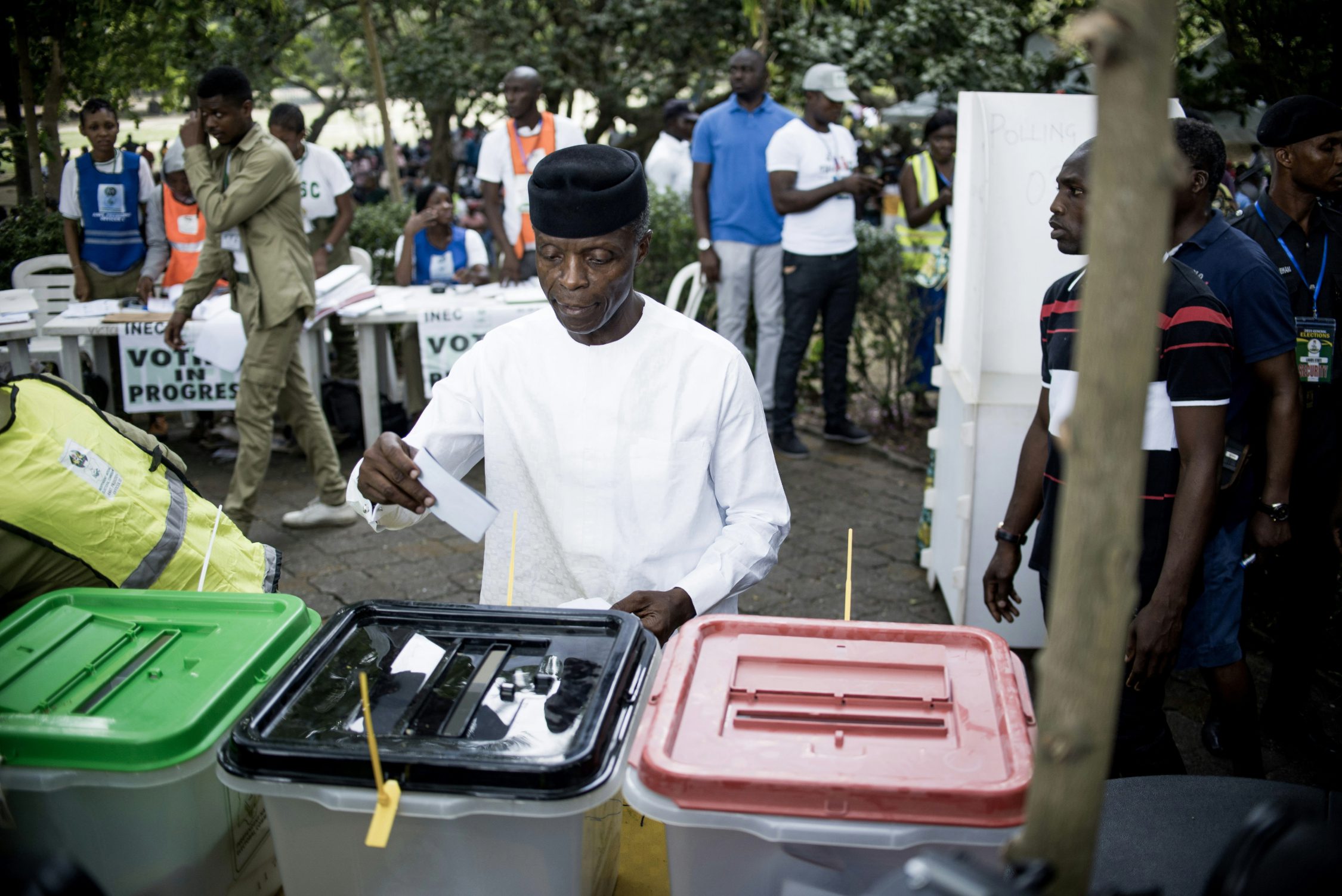Most adult Africans have, at one point in their lifetime, woken up to martial music on the radio, an unfamiliar face in a military uniform on the television, and the numbing discovery that their country has been snatched away from them overnight. Africans have also become accustomed to the tedium of sclerotic authoritarian regimes, sometimes dressed up with some democratic frills, whose leaders live a life of luxury while the people go hungry. But over the decades, Africa has cast off most of its dictators. There are ten lessons that African democratic activists can teach the rest of us, who fear that they are suddenly plunged into an unfamiliar and unpredictable politics of demagoguery, insult and fear.
Lesson one: information is your greatest asset, and the media are your best ally. Don’t be disturbed that there are some rabid newspaper editors and the official media fawn over the new uncouth head of state. A free press is the best solace, and if the press at home is thoroughly repressed, learn to trust the BBC or Al-Jazeera. Once the veil of secrecy was stripped away from the Tunisian regime in 2010—with Wikileaks exposure of the depths of corruption of President Ben Ali and his family—the dictator’s days were numbered.
Lesson two: most civil servants, policemen and army officers will carry on doing their jobs and protecting their careers. Don’t condemn them for that: standing up for high principle or making assessments about national policies is above their pay grade. Respect them and talk to them, because the men and women who work for government are (almost all) decent human beings who will end up moderating extreme policies and doing helpful—sometimes essential—personal favors. And if policemen are comfortable with the people, then at the critical moment there’s a good chance that, at some future critical moment, they may decide to side with the people, not the dictator.
Lesson three: the deep state isn’t your ally. Often, older generals and spymasters seem to be a stabilizing influence on an inflammatory younger officer. But any reassurance that the quieter, self-assured security professionals bring is misleading: the national security establishment is only doing what it does best, protecting and expanding its influence. And in their quiet way, the faceless officials of the deep state are capable of being just as greedy, cynical and ruthless as any firebrand young officer waving a pistol. Nigerians have seen a succession of military rulers come and go, while a military-business clique has tightened its grip on the levers of power.
Lesson four: don’t become obsessed by the personality of the dictator. That can be unhealthy and plays into the egotism of the big man himself. And if you focus entirely on condemning an individual ruler’s repulsive personal traits, you will find yourselves lost if he’s suddenly replaced—but the system under him continues unchanged. Back in 1985, the southern Sudanese rebels focused their entire program on the claim, ‘General Jaafar Nimeiri must go!’ Then he went—but what followed was little different. The slogan ‘it’s Nimeiri-ism without Nimeiri!’ didn’t quite have the same resonance.
Lesson five: beware the dictator’s deputy. Often, it is the quiet and apparently unambitious number two, underestimated by all, who turns out to be the canny survivor who understands best how to use the machinery of government to stay longest in power. Egypt’s President Anwar Sadat was followed by Hosni Mubarak, Kenya’s Jomo Kenyatta by Daniel arap Moi—both of whom proved more formidable autocrats than their larger-than-life predecessors.
Lesson six: don’t pull down the institutions of state to enact a regime change. You may think nothing could be worse than your detested dictator—but chaos is something worse, as Libyans discovered when they overthrew Colonel Muammar Gaddafi.
Lesson seven: always give the autocrat a safe way out: if he thinks his choice is between perpetual power and prison, he will do anything to stay in power. The moral purity of an opposition that demands that all who committed violations may stand in the way of the pragmatism needed to seize the chance of compromise. Gambian strongman Yaya Jammeh was ready to step aside after losing elections last year—but when the winning candidate, Adama Barrow announced that he was going to prosecute Jammeh, the dictator dug his heels in and had to be forced out of power by the threat of a military intervention by neighboring African countries.
Lesson eight: vote, vote, vote. Boycotting elections is almost never a good strategy. Much better to take advantage of every electoral opening, no matter how slender. Build local democracy when there are no national openings. Use parliamentary platforms to expose abuses and advocate for change. Elect mayors who can then be champions of national transformation.
Lesson nine: humor is a fine weapon—it keeps you sane, and punctures the big man where he is at his most vulnerable, his sense of his own importance. But humor works best alongside a dry, reasoned critique, with sensible alternative policies.
And the final and most important lesson: democracy is nurtured in the struggle for democracy. There are no short cuts or magic bullets, and no alternative to relying on the citizens’ own resourcefulness. Democracy is a right, but it is a right that has to be earned.


